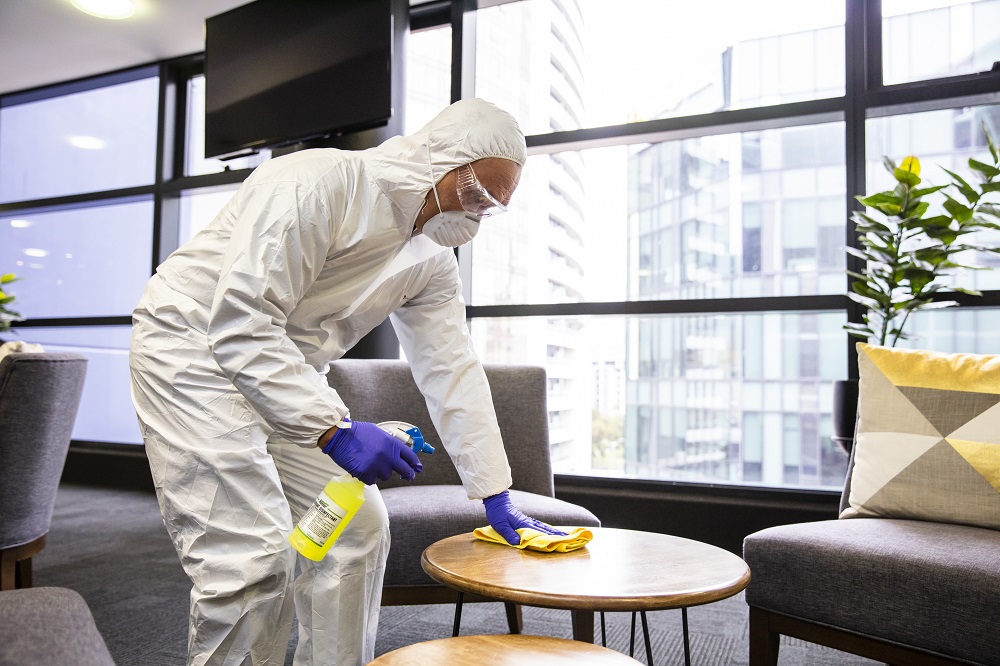
By Mark Piwkowski*
[OPINION] The reintroduction of restricted working hours for student visa holders from July 1 will hurt the overseas students it is designed to assist, place service industry businesses under increased pressure, and lead to the growth of the black cash economy.
The government says it will reimpose capped overseas student visa working hours so students can devote sufficient time to their academic studies, while also preventing unscrupulous migration agents using uncapped working hours as a back door to employment.
These reasons have merit.
However, with unemployment remaining at record lows, inflation remaining high at 6.8 per cent and living costs surging, overseas students will now be forced to take a significant pay cut in the new financial year.
The Australian Bureau of Statistics reported in May that working Australians experienced the highest yearly jump in cost of living expenses on record, and the Ipsos Issue Monitor revealed more than 60 per cent of respondents rank cost of living as their biggest concern.

With these concerns echoing loudly, and with the government to place a 48 hours per fortnight working hours cap on overseas students, how are they going to afford to live?
Why can’t these individuals continue to work unlimited hours?
In contrast, Australian students are free to work unrestricted hours, and most have the financial security of living in their family home while studying for their degree.
I was one of these students.
The weekly gross pay for a student visa holder, who works the maximum 24 hours per week in the cleaning industry, will range between $575 and $890, depending on shifts and weekend working hours.
With rents rising 31 per cent over the past year, demand for rental properties soaring, and landlords requiring proof of income from prospective tenants to cover rent, many overseas students will be pushed to the brink of homelessness or subjected to live in overcrowded sub-standard accommodation.
The working hours cap will force overseas students to seek cash employment beyond the 48 hours per fortnight so they can put food on their table and cover tuition fees.
And that opens a whole new can of worms.
The danger is these students will be paid cash below the minimum wage, lose the protection of industry award entitlements, be exposed to employer exploitation or forms of modern slavery, and placed at personal risk because they won’t be covered by workers’ compensation.
If they are exposed to employer exploitation, data shows they are reluctant to fight for their basic rights because they are frightened of the consequences.
The Migrant Justice Institute reported in 2019 that 38 per cent of overseas students who experienced a workplace problem did not seek help because they feared a visa breach would lead to the cancellation of their visa, or the refusal of a future visa application.

Additionally, the government stands to lose more from a swelling cash economy.
Already, the Australian Taxation Office estimates around $11 billion in tax is lost annually because of the shadow cash economy.
The service industry relies on student visa holders to address current labour shortages.
In its submission to the Migration Review, the Business Council of Australia stated the working hours cap will disrupt retail and hospitality.
It will also have a significant impact on Australia’s $12 billion cleaning industry as overseas students comprise 30 per cent of the workforce with many of these workers developing their leadership skills and progressing to team leader manager roles.
Thanks to the unrestricted working hours for overseas students, service industry businesses were able to reboot and recommence operating at full capacity after the significant struggles created by the Covid pandemic.
And it was this same overseas student cohort that Australian businesses relied upon to undertake cleaning, hygiene, and waste management services to keep their workers and customers safe from infection.
Instead of allowing overseas students to continue to bolster their income so they can support themselves while filling critical labour shortages, these students now face an anxious time worrying how to make ends meet, while the Australian services industry must again overcome staff shortages, attract new workers, and invest more time and money into training new personnel.
*Mark Piwkowski is Chief Executive of Quayclean Australia
Comment below to have your say on this story.
If you have a news story or tip-off, get in touch at info@incleanmag.com.au
Sign up to INCLEAN’s newsletter.




